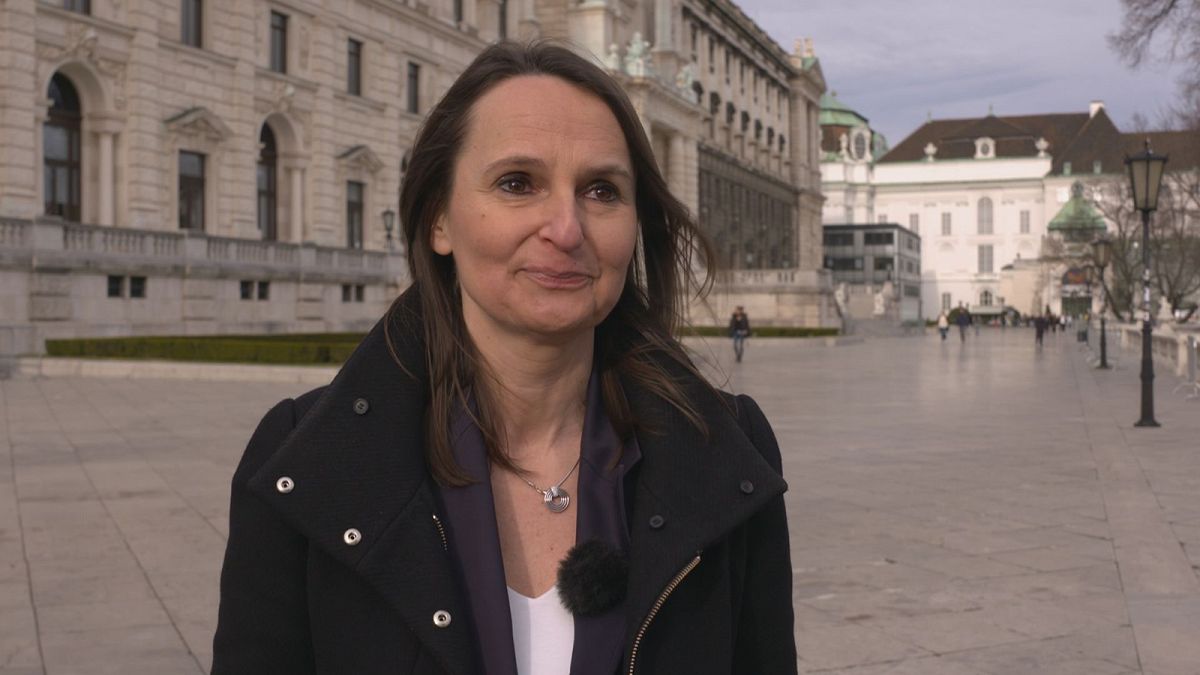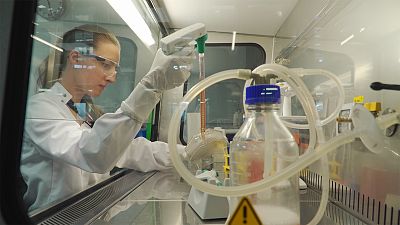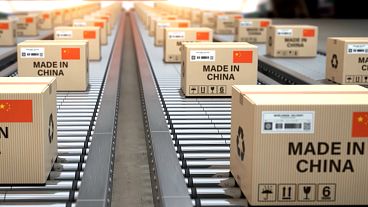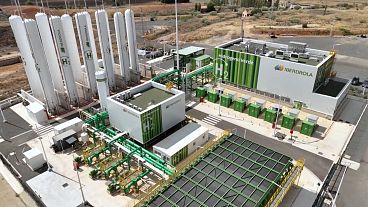Business Planet speaks with a leading figure in the plastics industry to find out how the unbiodegradable material can become more environment friendly.
Since the 1950s we have depended on plastic as a cheap and durable material. Today it is everywhere, from supermarket aisles and fast-food restaurants, to our mobile phones, and the amount just keeps growing.
That high demand, however, has resulted in mountains of waste, large amounts of which end up in the environment. To date, it's estimated more than 8 billion tonnes of plastic have been produced in the material's relatively short history- in other words over one tonne for every human living today.
While essential to modern business and the economy, plastic now finds itself in the dock. Much of that stems from the fact that around 90 percent of what is produced still goes unrecycled.
But despite its bad ecological reputation, Sylvia Hofinger, the Director General of the Association of the Chemical Industry of Austria, believes plastics reputation can be restored. She told Business Planet why, given the right infrastructure, plastic does and must have a future alongside more traditionally recycled materials like glass and paper.
What is the Circular Plastics Alliance exactly?
"The "Circular Plastics Alliance" is an association of now more than 170 players in the European plastics industry who have a vision: to increase recycling and the circular economy in the European Union. The European Commission supports this vision. Now all the players have set themselves the goal of recycling ten million tonnes of plastic in the EU by 2025 and bringing it back into the market."
The amount of plastic in Europe being recycled at the moment is way below where it needs to be, how does the Circular Plastics Alliance seek to address that?
"The Alliance is doing something very important. It is bringing together all the actors along the value chain, and that is crucial. Because without good coordination, the goal cannot be achieved. You have to imagine it this way: a functioning circular management starts with product design. For example, colours. Which materials are used? Light colors, for example, are easier to recycle than dark colours. Then collection and sorting systems have to be set up. Not all plastics are the same. You can't just turn a ketchup bottle into a water bottle. There is a lot of work to be done to ensure that we get sorted material back. And then, of course, research and product development must also be further strengthened. That requires additional resources. All of this is covered by the Circular Plastics Alliance, which is a very comprehensive, smart approach."
There is a huge amount of plastic finding its way into the environment, especially our rivers and oceans. Shouldn't we be just using less plastic altogether rather than recycling more?
"You have to look at it in a nuanced way. Of course, plastic has absolutely no place in the environment. On the other hand, plastic has such convincing product properties that it has become the most widely used material. We need plastics in environmental technologies, for climate protection, in medicine, but also for everyday products such as mobile phones. This means that we need an intelligent solution so that we can use the advantages of plastic on the one hand and prevent it from escaping into the environment on the other. Through the circular economy we are creating exactly that: a win-win situation for the people and the environment."
What's being done in Austria specifically to boost plastic recycling and move towards a circular economy?
"Austria is already very well positioned when it comes to recycling plastics by international standards. But of course we must continue to work intensively on this so that we can become even better. As an industry, for example, we adopted a ten-point action plan last year, which shows how the recycling industry can be successful. For example, we want to return 95 percent of PET bottles for recycling by 2025, and we want to achieve this for other plastic materials such as films or polypropylene by 2040. Then we also have very interesting, exciting projects where we are working with the Ministry of the Environment to develop recycling solutions on concrete issues. So we have identified three areas together with our companies: agricultural films, detergent containers and paint buckets. We want to see how recycling flows can be established in these areas. And with the know-how of our companies I am sure that we will find interesting solutions very soon."
Do you see a future where there will be less concern about plastic as a material?
"I am optimistic about the future! I believe that if we manage to successfully establish a circular economy, we will also convince people again that plastic is a valuable material. Far too valuable to throw away. Let me give you an example. In the case of food packaging, the ecological footprint of food is usually thirty times greater than that of the packaging. So if we save on packaging, we are not doing the environment and the climate any good if more food is spoiled. In other words, we need to return to a fact-based discussion. Then people will certainly realise that plastics have advantages. But one thing is clear, we must ensure that they no longer enter the environment."
Who can join the Circular Plastics Alliance?
"The alliance is still open, so all players in the European plastics industry, whether private or public, can join in, if they want to support the goal and make a contribution so that we in the European Union can recycle ten million tonnes of plastics by 2025."



